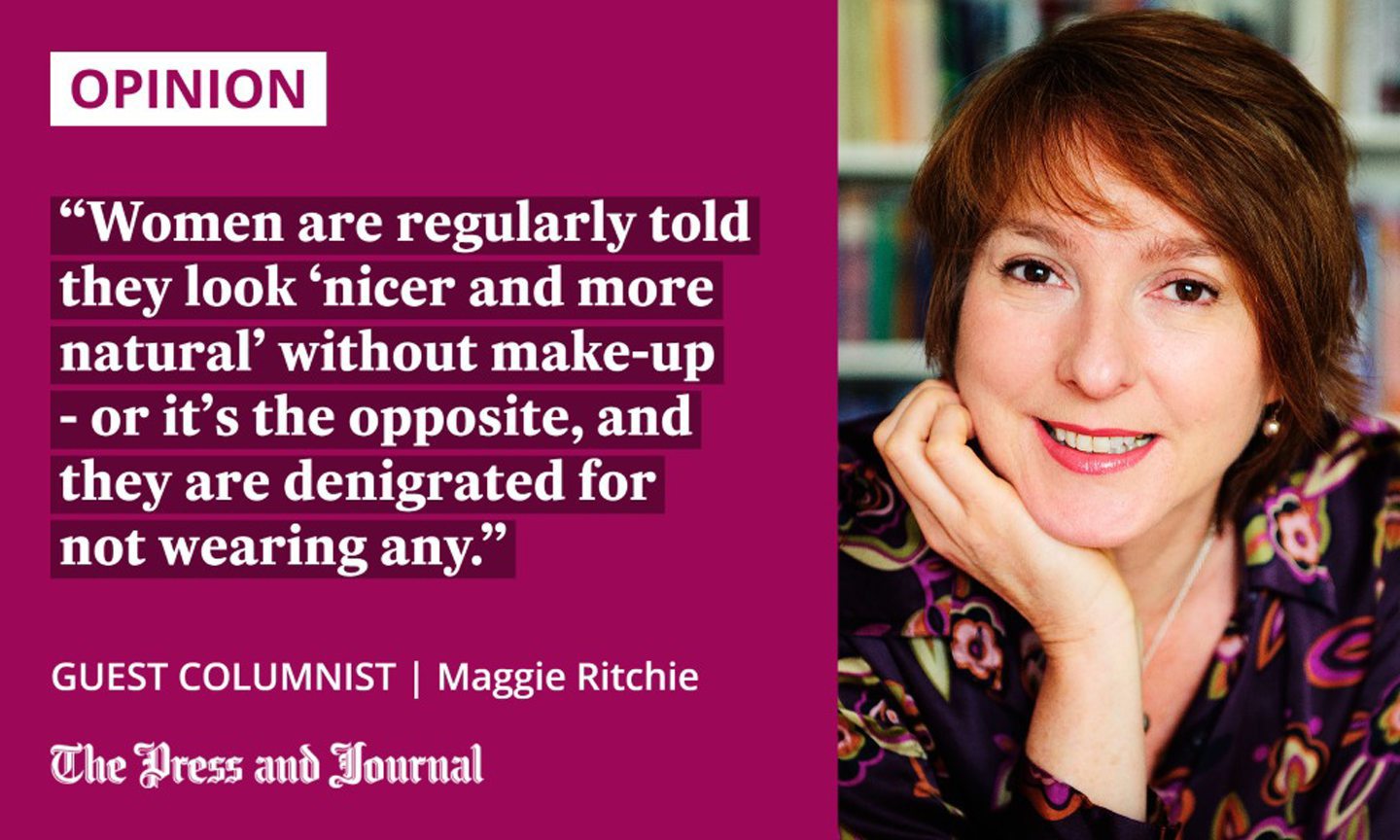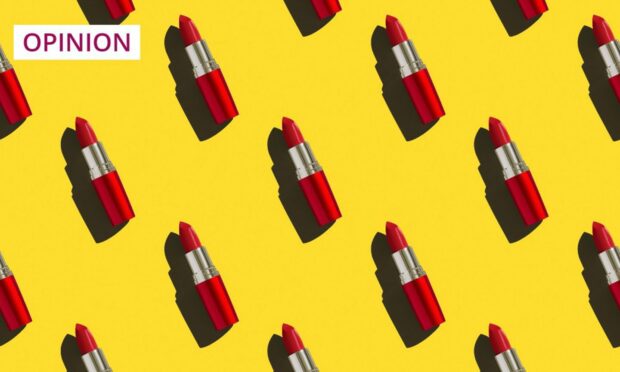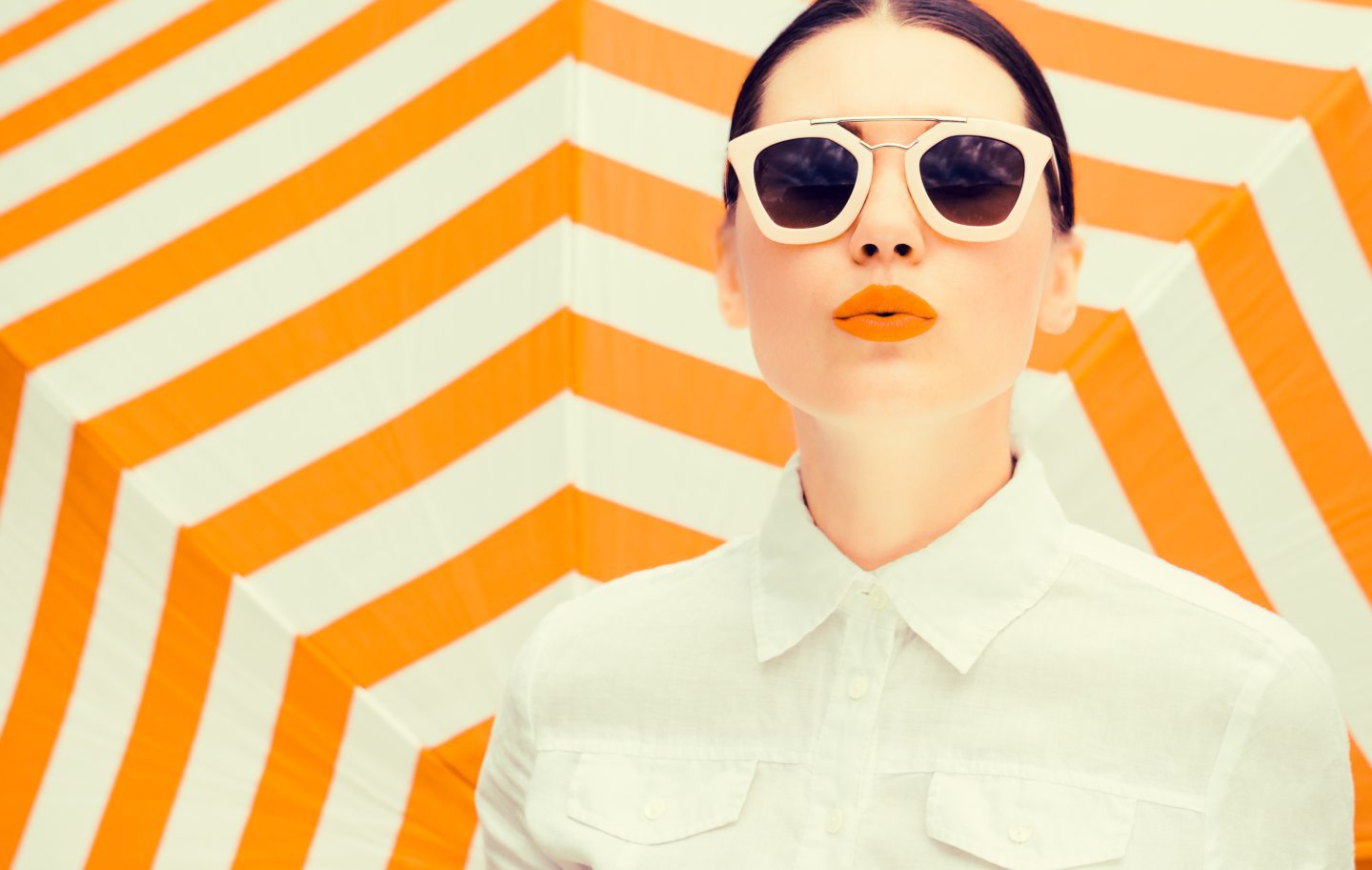Beauty salons in Afghanistan will be closed down this week on the orders of the Taliban, despite women taking to the street in protest, braving tear gas and water cannons.
It’s the latest restriction imposed on their freedom – the right to secondary school and university education and to work has already been taken away, and they are only allowed out of the home if they are veiled from head to toe, and chaperoned by a man.
It is desperate, and this latest ban defies even the Taliban’s skewed logic. They argue that money is wasted in these salons, which employ more than 60,000 women, with some of them the sole breadwinners in their families. Beauty salons, they say, are against Sharia.
Why are these men so afraid of a little bit of lipstick and a few hair and beauty treatments?
It’s not the first time that religious fundamentalists have clamped down on the dangerous power of make-up. In her latest book, Three Fires, author Denise Mina recounts how 15th century Florence priest Girolamo Savonarola ordered the original “bonfire of the vanities”, in which wigs, mirrors and make-up were burned as sinful.

We may congratulate ourselves on living in a more enlightened society that respects women’s rights, but my grandfather, an otherwise kind and gentle man, came home from his work one day to find my gran had put on make-up. He gripped her in a headlock and scrubbed her face with a flannel.
You could dismiss this attitude as belonging to a different era, but not so long ago a male relative described my new lipstick as “whore red”. Women are regularly told they look “nicer and more natural” without make-up – or it’s the opposite, and they are denigrated for not wearing any.
A colleague at a national newspaper was criticised by a man in a senior position for not wearing make-up – she looked unprofessional, he said. I wasn’t aware that female journalists had to follow the same rules of wearing make-up and high heels to work that, until as recently as last month, applied to female flight attendants.
Lipstick miracles
While early feminists decried make-up as pandering to the male gaze, liberal or “lipstick” feminists have reclaimed it as empowering.
At my all-girls school leavers’ ceremony, the guest speaker was the headmistress of St Paul’s Girl’s School, who advised us to wear red lipstick when speaking in public as it makes people pay attention to what you are saying.
Then there was the “lipstick miracle” of Bergen-Belsen, when an unrequested batch of red lipstick arrived at the clinic where allied doctors were desperately trying to save the newly liberated concentration camp survivors, who were too weak to eat and were dying in their hundreds every day.
‘At last, they could take an interest in their appearance. That lipstick started to give them back their humanity’
The doctors, needing medical supplies, were at first infuriated when they opened the parcels. Until, that is, the women patients discovered the lipstick.
Lieutenant Colonel Mervyn Willett Gonin DSO witnessed the lipstick miracle that saw the starved and traumatised women paint their lips scarlet.
“I believe nothing did more for those internees than lipstick,” he wrote. “Women lay in bed with no sheets and no nightie but with scarlet red lips, you saw them wandering about with nothing but a blanket over their shoulders, but with scarlet red lips.
“At last, someone had done something to make them individuals again, they were someone, no longer merely the number tattooed on the arm. At last, they could take an interest in their appearance. That lipstick started to give them back their humanity.”
The ultimate morale booster
During World War Two, the Red Cross distributed lipstick to women serving in the army, while cosmetic companies produced bright lipsticks like Regimental Red and Victory Red. No wonder lipstick is known as warpaint, and the waxy pigment is called a bullet. Lipstick might seem like a frivolity, but it’s a morale booster.
The charity Look Good Feel Better sends beauty therapists into hospitals to help women being treated for cancer “put on a brave face” and feel feminine again, despite the effects of chemotherapy.
During downturns the “lipstick effect” or “lipstick index” is the beauty industry’s leading economic indicator – an affordable treat that makes you feel better, and recently discussed in relation to the cost-of-living crisis on Radio 4’s Money Box.
Sales of lipstick grew 48% in the first quarter of this year, according to global marketing trend firm NPD, which also said women are picking brighter and more dramatic colours rather than muted, natural looks. “Lipstick is super powerful because it can immediately transform your face unlike anything else,” says NPD’s Larissa Jensen.
This is a simple pleasure that Afghan women can no longer indulge in – and there are few women more in need of a morale booster. It seems to me that controlling what a woman should and should not wear, whether on her face, body or feet, is all about controlling her, full stop.
Maggie Ritchie is an award-winning author and journalist

